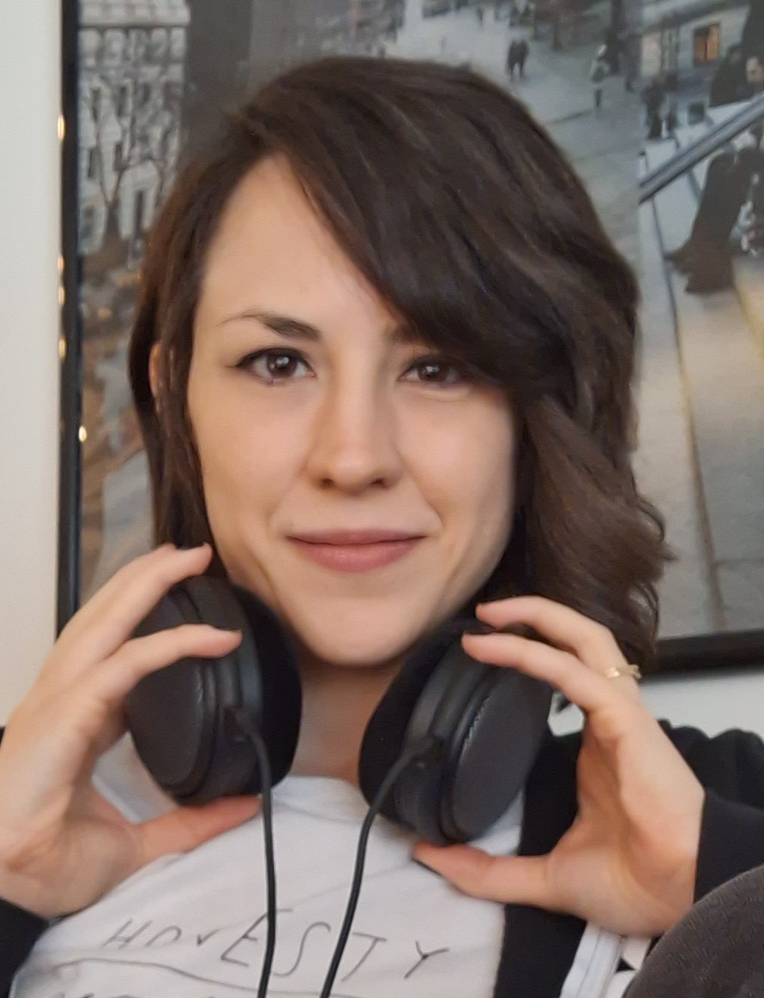Why you should study Ninth House
- Rachel Arsenault

- Oct 4, 2025
- 4 min read
Studying great stories is an essential part of becoming a better writer. It not only allows us to reverse-engineer solutions, but it keeps us inspired and curious about our craft.
This month’s pick is Leigh Bardugo’s Ninth House. It’s hard for me to talk about this book and not just gush about it (I’ll save that for another time). This book is an incredible blend of crime and fantasy, following all of the rules of a compelling whodunnit combined with an expertly crafted unpredictable magic system that adds to the unsettling environment and never feels like a cheat.
If you've not had a chance to read it, here is a brief plot-teaser:
When Alex Stern, a troubled young woman with an uncanny ability to see ghosts is discovered by the magical underground, she is enrolled into Yale University on a full ride and inducted in a secret society that monitors other secret societies that specialize in different forms of magic. This gritty tale has murder, mystery, and intrigue that explores the thirst for knowledge, justice, and the price we are willing to pay for power.
Content warning: this article won’t delve into any of the difficult topics covered in the book, but there are scenes in the book that some may find triggering. If you’d like to read the book but are concerned, I recommend you check out the Trigger Warning Database for more information.
As always, when studying novels, I recommend reading twice over: once to experience it as a reader, and then again to look more in depth at the mechanics. Once you know the setups and payoffs, it’s easier to go back through the novel and track them.
Who should read this book?
Fantasy writers wrestling with pulling off a soft magic system
A “soft magic system” is loosely defined as a magic system that doesn’t have clearly defined rules. Think about how magic works in a story like Lord of the Rings or even Harry Potter to an extent, versus Brandon Sanderson’s Mistborn, which is considered a “hard magic system,” and has clearly defined rules
Crime writers wrestling over maintaining momentum and carrying your mystery from one scene to the next
Anyone who’s story takes place in a world (that’s you, too, crime writers :))
What should you be looking for?
Pay attention to how the unpredictable magic complicates the story. Notice how she balances obstacles and opportunities that come from the magic, and when the magic really saves the day, how she planted the setups and clues from early in the story. I would also highlight the places where the magic adds danger and stakes, so that even when it works in Alex’s, or anyone else’s, favor, it doesn’t leave us feeling cheated. Often, when the magic works in one person’s favor, it’s to another’s detriment, which also adds to the inherent danger of magic in the story
If you’re struggling to maintain momentum in your own mystery, look at how Ninth House uses every discovery to move the reader from scene to scene. Alex’s attempts to find clues and answers to her questions are complicated by the events in each scene; make note of those. Then, pay attention to how the information she discovers in each scene informs what she needs to do next.
If you think you’re exempt from worldbuilding, think again! While you may not have to explain magic to your reader, you do want to create for them a sense of place and time. Yale, and the Houses of the Veil, have their own culture and rules and hierarchy. Whether you’re in a small town or the New York City Police Department, your story should likewise have an environment that has its own rules, norms, and sense of motion. Highlight the details that make the culture of Yale come to life, and how different characters relate to that environment.
How do you apply this to your work?
If you’re writing a soft magic system, get honest with yourself. Does the magic constantly bail your protagonist out of tight spots? Are there unintended or unexpected consequences to the magic that can complicate your story? Make some notes to yourself about the obstacles and opportunities presented by your magic system, and challenge yourself to integrate those into the story and make your protagonist work for their wins.
If you’re struggling to maintain momentum in your mystery, is your protagonist experiencing complications as they pursue clues and information? For each scene, make a note of what your protagonist discovers, what challenges they face in getting that information, and what they need to do next in light of this discovery. Is there a logical connection between the two?
Flesh out the environment your story takes place in. For each major character in your story, ask yourself: what is their relationship to this setting? Are they an insider or an outsider? How do they, or others, know? Make notes to yourself about how this will help or hinder their pursuit of their goals in the story, and how this may impact their interactions with other characters.


